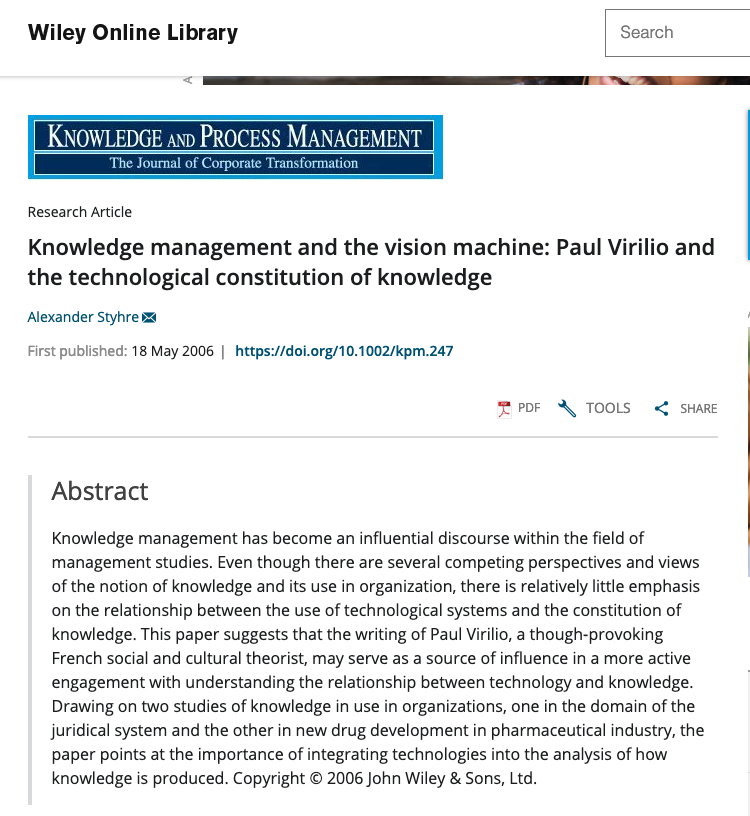I& #39;m not really metrics-motivated but I always wonder how some accounts manage say 1k likes for a tweet in the same domain/topic/approach/tone/context than other tweets that get 3 likes, particularly when the tweet with more than 1k likes comes from an account with fewer followers
I guess it shows what we already know, that a given number of followers, or years on Twitter, will not necessarily guarantee higher engagement to a given tweet, and that often it& #39;s only a question of being in the right place in the right time with the right tweet
Also perhaps the more heterogeneous the following the less likely will be that domain/topic/tone specific tweets will gather a large number of likes/RTs- if the tweet says/does something an audience really wish they could also say/do perhaps engagement will be higher
Confrimation bias must play a role- so tweets/outputs with fewer metricated engagement should not be interpreted as less impactful- it only means it did not confirm a given audience& #39;s views. (This comes to mind: https://fs.blog/2017/05/confirmation-bias/">https://fs.blog/2017/05/c... via @farnamstreet)
This matters not for personal egocentrism or narcissism. It matters because we live in an age metrics are used as Key Performance Indicators, as a means to demonstrate "impact", often in context where there is neither the expertise nor the time to evaluate qualitatively with care
So if we feel we are in the business of thinking critically together and contribute collectively to the public construction of knowledge, we should not take what may be considered & #39;low& #39; scores or metrics as lack of interest, reach or impact.
It remains true -simultaneously- that we need signals if we want to have evidence-based interpretations- metrics can be such signals but they don& #39;t need to be the only ones, and said signals are never unambiguous.
In this sense it is particularly problematic those for-profit oligopolies in the business of monetising data and engagement data -from Facebook to Twitter to LinkedIn to Elsevier and Clarivate- would like us to believe their measuring instruments are objective and neutral.
An Elsevier employee recently wrote in a message to a listserv that "there& #39;s a strong analogy" in their metrics and "clinical decision support tools that physicians/practitioners use when treating patients"...
That statement seems to suggest that there& #39;s "a strong" similarity between the human body and Elsevier& #39;s for-profit technological infrastructures. As if measuring technologies, including clinical ones, weren& #39;t the result of particular epistemic practices.
The analogy between the human body and Elsevier/Scopus/Web of Science/ScienceDirect really makes it clear for-profits want to make us believe their business models and corresponding infrastructures are & #39;natural& #39; ecosystems and not human-made , profit-driven enterprises.
One thing to the other in this thread, because yeah, it& #39;s all connected.
It& #39;s a shame this article is paywalled, because otherwise I would have cited it and shared it here.

 Read on Twitter
Read on Twitter


